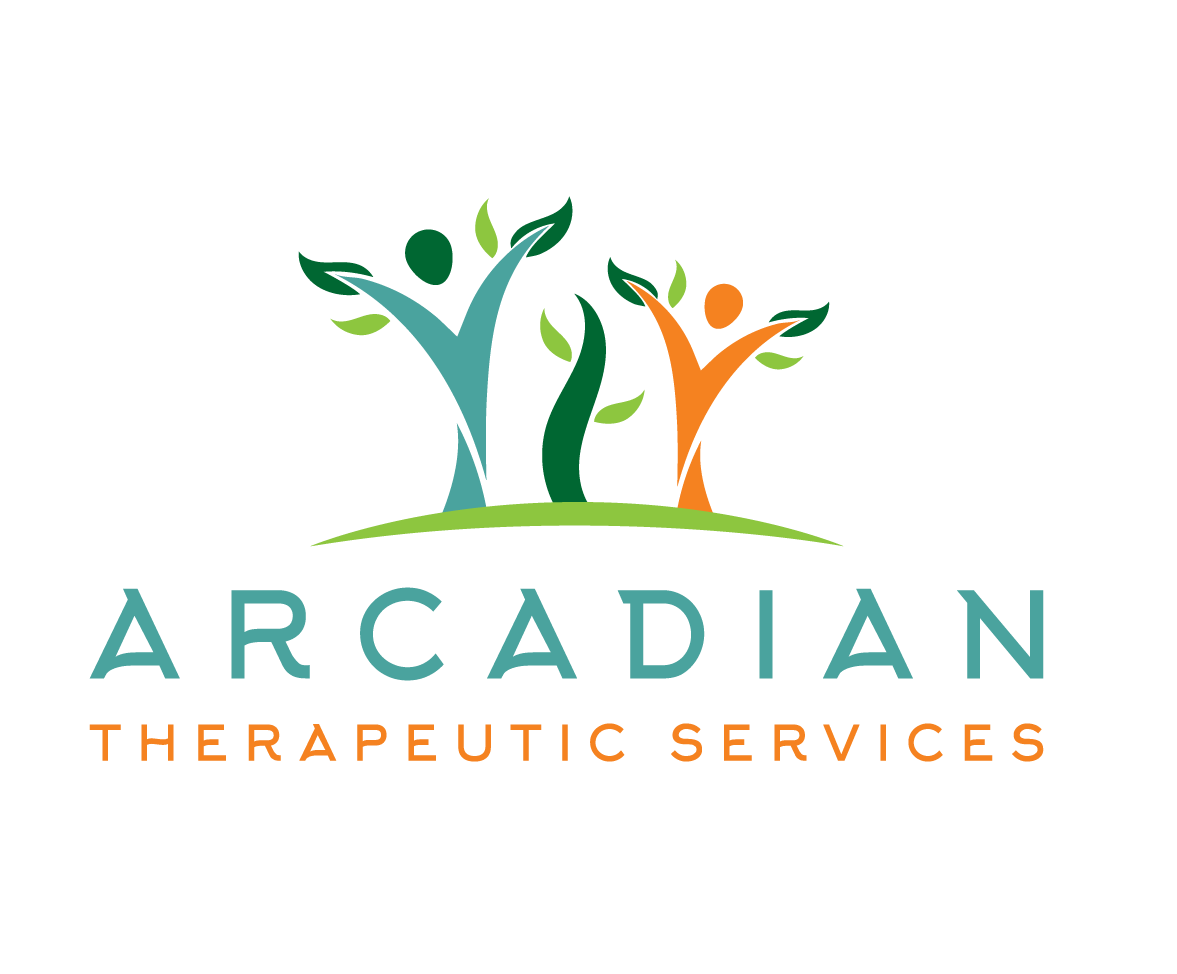Supporting Your Loved One with ADHD
Living with Attention Deficit Hyperactivity Disorder (ADHD) can be a challenging journey, not just for the individual diagnosed but also for their loved ones. Some days are better than others, but often there is confusion about what to do to support your loved one with ADHD if they are having a difficult time. With understanding, patience, and the right support for themselves and from their loved ones, individuals with ADHD can thrive.
About ADHD
ADHD is a neurodevelopmental disorder that affects both children and adults. It's characterized by symptoms of inattention, hyperactivity, and impulsive behaviors. ADHD symptoms can start around the age of 12, continue into adulthood, and can be mild, moderate, to severe. Contrary to common misconception, ADHD isn't just about being hyperactive or unable to focus. It involves complex neurobiological processes that impact various aspects of daily life, including academic or work performance, relationships, and emotional regulation.
Three Subtypes of ADHD
Predominately inattentive: inability to stay focused, follow instructions, or pay close attention. Avoidance of tasks that require mental effort such as homework and paperwork, and difficulty staying organized.
Predominately hyperactive/impulsive: interruption, inability to sit still, need to move around or fidget. Quick actions without consideration of consequences.
Combined inattentive and hyperactive/impulsive: difficulty with both focus and impulsivity, leading to increased distraction and challenges with sitting still and maintaining behavioral control.
About the ADHD Brain
Areas in the brain responsible for attention, impulse control, and executive functioning may exhibit differences in structure and neurotransmitter activity. This can lead to challenges in regulating attention, emotions, and behavior. One of the key challenges individuals with ADHD face is managing emotions and stimuli. When overwhelmed or overstimulated, their ability to regulate emotions and impulses may be compromised. This can lead to emotional outbursts, irritability, or withdrawal. Understanding the signs of dysregulation and overstimulation is crucial for providing support and creating a supportive environment.
Supporting Your Loved One with ADHD
Educate Yourself: Take the time to learn about ADHD, its symptoms, and how it affects daily life. Understanding the challenges your loved one faces can help you offer more empathetic support.
Communicate Openly: Encourage open communication in your relationship with your loved one. Allow your loved one to express their feelings, concerns, and needs without judgment. Actively listening and validating their experiences can foster trust and connection.
Establish Routines: Structure and consistency are essential for individuals with ADHD. Help your loved one establish daily routines for tasks such as work, household chores, and self-care. Breaking tasks into smaller, manageable steps can also make them less overwhelming. Setting a timer for 30 minutes to focus on a task and allowing time for a break can be helpful for bigger, time-consuming tasks.
Provide Emotional Support: Be a source of comfort and reassurance during challenging moments. Offer encouragement for efforts and achievements, no matter how small. Remind them that setbacks are a natural part of growth and learning.
Create a Calm Environment: Minimize distractions and create a calm, organized space at home or school. Reduce clutter, noise, and visual stimuli to help your loved one stay focused and relaxed.
Practice Mindfulness and Self-Care: Encourage your loved one to engage in activities that promote relaxation and stress relief, such as meditation, yoga, or exercise. Taking care of their physical and emotional well-being is essential for managing ADHD symptoms.
Seek Professional Help: Encourage your loved one to seek support from mental health professionals, such as therapists or psychiatrists who specialize in ADHD. Therapy can provide valuable tools and strategies for managing symptoms and improving relationships.
Supporting a loved one with ADHD requires patience, empathy, and a willingness to adapt. By understanding the unique challenges they face and offering unconditional support, you can strengthen your relationship and help them thrive. Remember, small gestures of kindness and understanding can make a world of difference in their journey toward success and fulfillment.
Written by Kay Bibbee, Candidate for Masters in Marriage and Family Therapy
